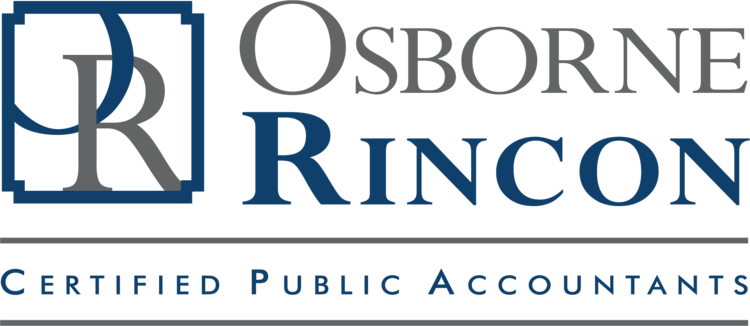By: Pedro T. Rincon, CPA, CVA, Partner, Osborne Rincon CPAs
The Tax Cuts and Jobs Act contains many provisions that have a direct and significant impact on the construction industry. Here are a few examples:
Method of Accounting
Under old tax law, small contractors (average annual gross receipts of $10 million or less in the three prior years) were able to postpone taxation on income from long-term contracts (those that are started and completed in different tax years but are expected to be completed within two years) until they were completed or when cash was collected. Larger contractors had to use the percentage of completion method of accounting which requires them to recognize income as the job progresses.
The act increased the $10 million gross receipts threshold to $25 million. Small contractors affected by this provision can change from percentage of completion to either the completed contract or the cash basis for contracts.
Business Entity Selection
Most contractors are organized as pass-through entities where their owners pay tax on the entity’s income at their personal tax rate. The maximum pass-through tax rate for business income is 29.6% versus the old maximum tax rate of 39.6%.
The major benefit of a pass-through entity is that, unlike with a C corporation, there is no double taxation on business income, including any gain on the sale of the business. Additionally, with the pass-through entity structure, most of the gain on the sale of the business will be taxed at the preferential capital gains tax rate of 20%, while this will not be the case for a C corporation as all income was taxed at 35%.
With the C corporation tax rate being reduced from 35% to 21%, the use of C corporations in the construction industry needs further examination. Not only will current business income be taxed at a lower rate (21% versus 29.6%), which could have a positive effect on cash flow and bonding capacity, but double taxation may be avoidable in certain circumstances.
For example, if the C corporation qualifies under section 1202 as a “Qualified Small Business” and other conditions are met, and assuming that all business profits are re-invested into the business, then double taxation may be avoided.
If you own a construction company or work in the industry and would like to further explore the Tax Cuts and Jobs Act as it relates to your business, consult your tax provider or contact Osborne Rincon CPAs.
For more information call Osborne Rincon CPAs at 760-777-9805
